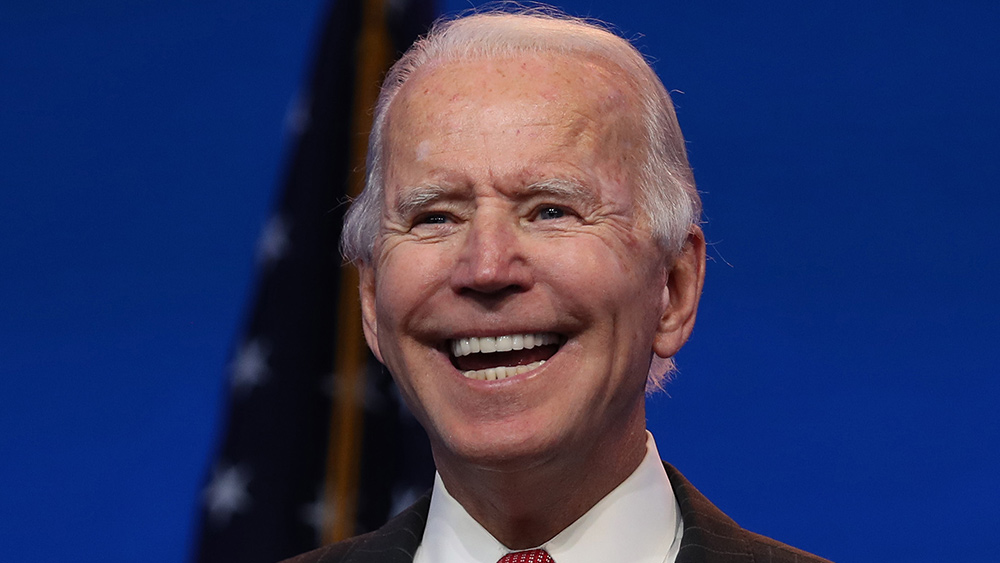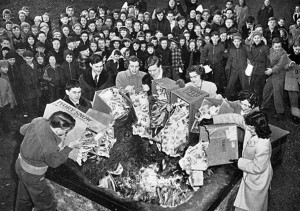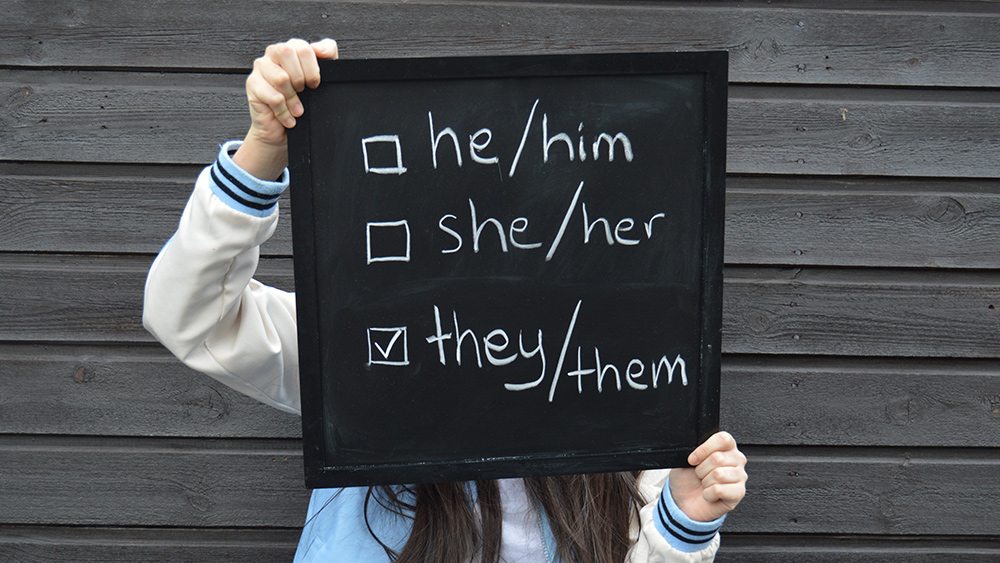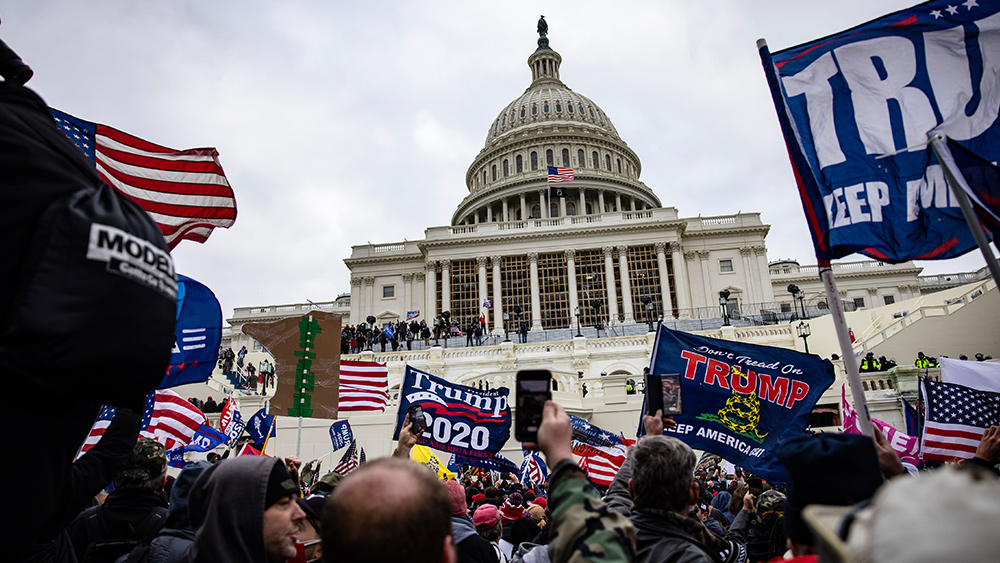RIGGED: National Archives secretly colluded with Biden attorneys for return of classified documents ahead of midterms: Report
02/13/2023 / By JD Heyes

A stunning new report published late last week claims that lawyers for President Joe Biden worked secretly with the National Archives to arrange the return of classified documents he allegedly took with him when he left the vice presidency in January 2017.
According to Breitbart News, the documents involve those that were discovered at the current president’s private office in the Penn Biden Center in Washington, D.C. There have been questions surrounding the classified documents since they were first reported, surprisingly, by the mainstream media, such as why Biden had them, what legal authority — if any — says he was able to possess them, and whether the National Archives knew the former VP had them.
The outlet noted further:
The National Archives on Friday released 74 pages of emails showing an Archives lawyer coordinating with President Joe Biden’s attorneys to secretly retrieve classified materials from the Penn Biden Center before the 2022 midterm elections.
According to House oversight Chair James Comer (R-KY), the Archives was previously instructed by either the White House or the Department of Justice (DOJ) to hide initial revelations of the Biden classified document scandal from the American people.
Also the mainstream media reported at least three times that the president and his Justice Department agreed to keep the scandal hidden from the public view with no plans to disclose it until someone leaked the information to CBS News, which published a report about the Penn Biden Center documents on Jan. 9. The initial trove of documents was discovered on Nov. 2, less than a week before the midterm elections.
The emails that were released last week through a Freedom of Information Act request filed by Bloomberg News showed that the archives coordinated with and accommodated Biden’s personal lawyers behind the scenes to retrieve the classified documents. In addition, the emails reveal that questions were asked about whether at least some of the materials were also stored at locations in Philadelphia and Boston.
The emails also make references to Biden’s attorneys handing boxes of documents over in Boston, “confirming a little-known detail in the chronology of [his] “classified documents scandal,” the New York Post reported.
“Please ensure that the boxes in your office in Boston remain secure in a locked space and are not accessed by anyone,” National Archives official Gary Stern wrote on Nov. 7 in an email to Biden lawyers Patrick Moore and Bob Bauer.
In January, CNN reported that Moore sent some documents found at the DC location to his law office in Boston before he found classified records. Those were not believed to contain any classified information, the outlet reported at the time. But the newly uncovered emails “raise questions about the nature of the documents given the protocols requested by the National Archives,” The Post added.
Stern, in a Nov. 8 email to Bauer and Moore, wrote, “we would like to pick up the boxes that are in your Boston office and move them to the JFK Library. Would it be possible to do that tomorrow?”
“Yes, it would,” Moore said in response. “I will still be in DC, so I will link you with my colleague [redacted], with whom you may have dealt in the past on other matters related to the Kennedy archives.”
House Oversight Committee chairman James Comer (R-Ky.) wants to know a lot more about these emails following the reports.
“There are only two people that could have given those orders, and that’s either the Department of Justice with [Attorney General] Merrick Garland or the White House with Joe Biden,” Comer told Fox News.
“I don’t think we would know about these documents had it not been for investigative reporting, so we want to know why the administration wasn’t transparent sooner,” he said.
Sources include:
Submit a correction >>
Tagged Under:
attorneys, big government, classified documents, conspiracy, corruption, crime, deception, James Comer, Joe Biden, lies, National Archives, Penn Biden Center, real investigations, secret deal, truth, Washington D.C., White House
This article may contain statements that reflect the opinion of the author




















